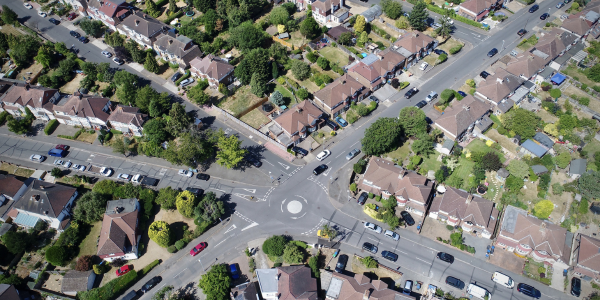Home emergencies can strike at any time, and when they do, it’s essential to have a plan in place. Home Emergency is an optional cover that can complement your standard home insurance, providing benefits and services that are not typically included in regular policies. This additional coverage can be a lifesaver when the unexpected occurs, offering financial support and assistance in critical situations.
What’s Included:
The specifics of what’s covered and any exclusions can vary depending on your policy. However, a typical home emergency cover policy usually includes:
- Boiler breakdown: If your boiler stops working, home emergency cover can provide financial support for repairs
- Burst pipes: This coverage helps when pipes in your home burst and require immediate attention
- Sudden leaks: For unexpected leaks that could lead to property damage
- Blocked drains: When your drainage system is clogged
- Electrical supply failure
- Pest infestations (e.g., rats, wasps, etc.): Home emergency cover can also provide support in dealing with infestations.
- Home security: Broken or damaged windows and doors that compromise the security of your home or prevent you from gaining access, including loss or theft of keys
What’s Not Covered:
As with all insurance policies there may be certain things aren’t covered, such as problems with specific types of heating systems, damage to domestic appliances, lack of maintenance, and issues with shared drainage systems.
There are general exclusions, including pre-existing issues, unoccupied homes, and issues caused by public service companies:
- Boiler servicing (and problems caused by lack of servicing): Routine servicing of your boiler is not covered, and problems resulting from a lack of servicing are excluded.
- General maintenance: This type of cover does not cover general maintenance
- Small leaks such as dripping taps and appliances: Minor issues like dripping taps or appliance problems are typically not included
- Pest infestations in outbuildings: Infestations in outbuildings or non-residential structures are often not covered
- Small electrical faults (e.g., broken sockets): Minor electrical issues are typically not eligible for claims
- Problems in unoccupied properties: If your property is unoccupied, some issues may not be covered
- Any extra work required beyond emergency call-out: Extensive repairs or additional work beyond the initial emergency response may not be included
It’s important to understand what’s included in your policy and to take preventative measures to minimise the risk of home emergencies in the first place.
Preventing Home Emergencies:
Prevention is always better than dealing with home emergencies, and here are some tips to reduce the risk:
- Clean your gutters: Regularly clear debris from gutters to allow proper water flow
- Prevent blocked drains: Use grates over external drains and avoid putting non-liquid items down your sinks
- Use gas safety engineers: Ensure proper servicing of your boiler by hiring registered engineers
- Insulate pipes: Properly insulate your pipes to prevent freezing and potential bursts during winter
- Bleed your radiators: Regularly bleed your radiators to maintain efficient heating
- Watch out for loose roof tiles: After adverse weather, check for loose roof tiles and replace them promptly
- Don’t overload sockets: Avoid overloading sockets, as it can pose safety hazards and increase the risk of electrical faults or fires
Home Emergency is a valuable addition to your home insurance policy. It provides coverage for a range of emergency situations, offering peace of mind and financial support when you need it most. However, it’s important to be aware of the coverage limitations, exclusions, and the need for regular maintenance to ensure you can make the most of this added protection for your home. Be prepared for the unexpected with Home Emergency Insurance.








